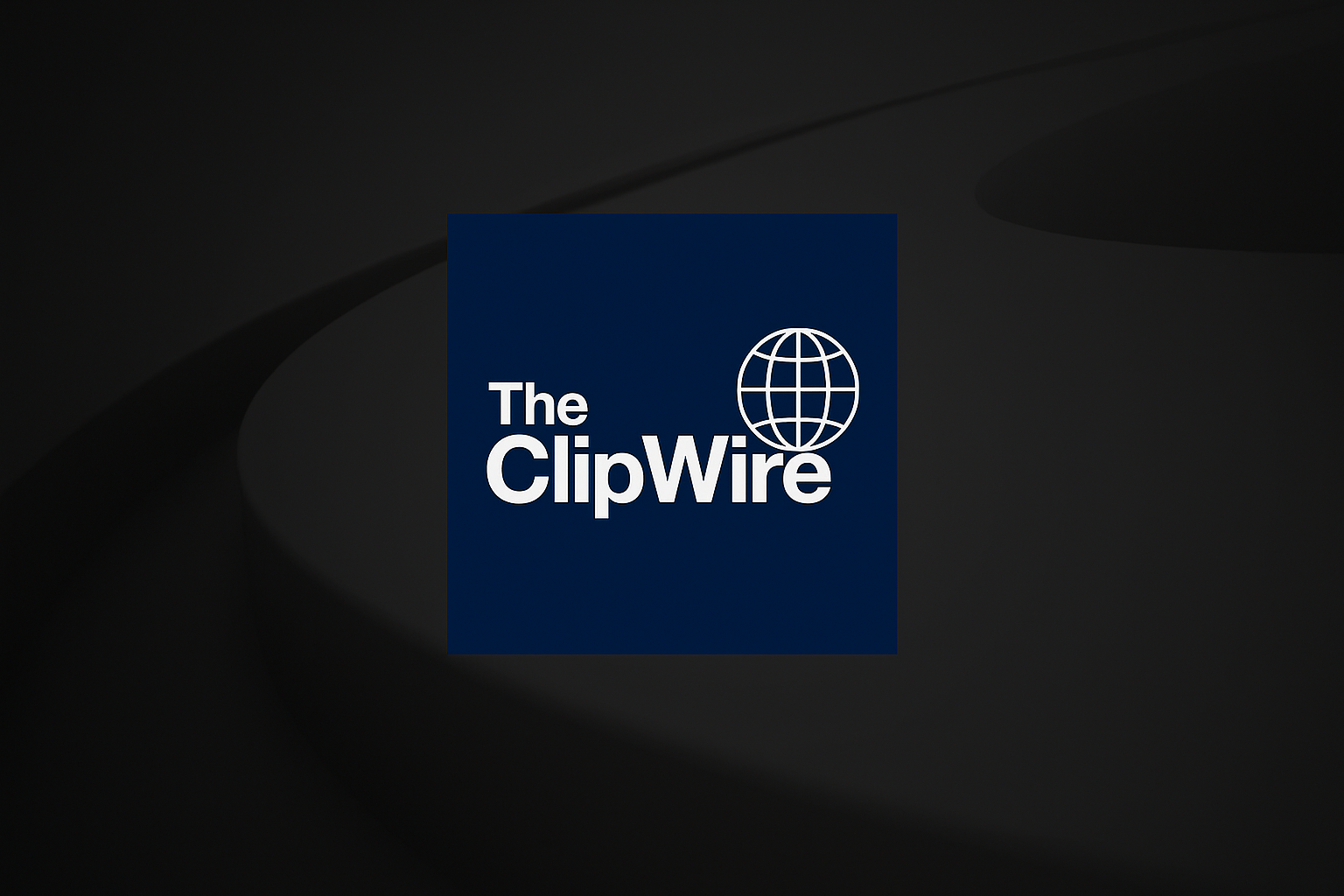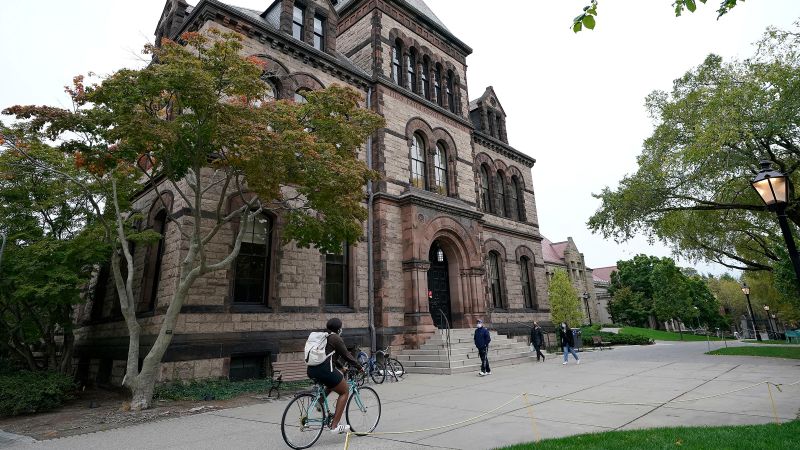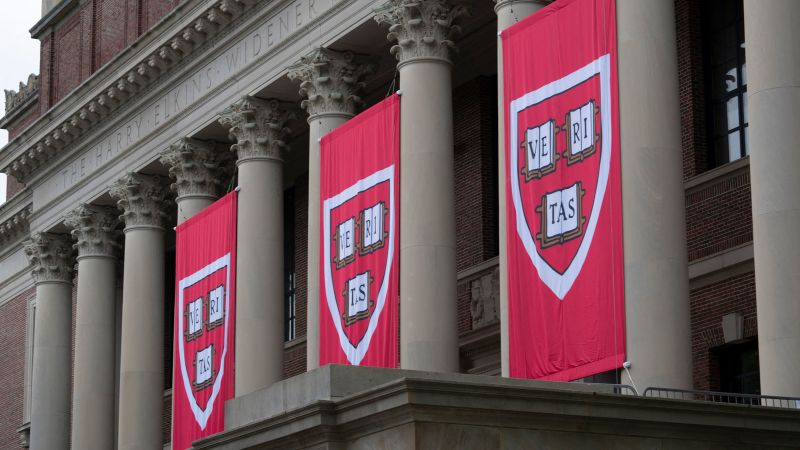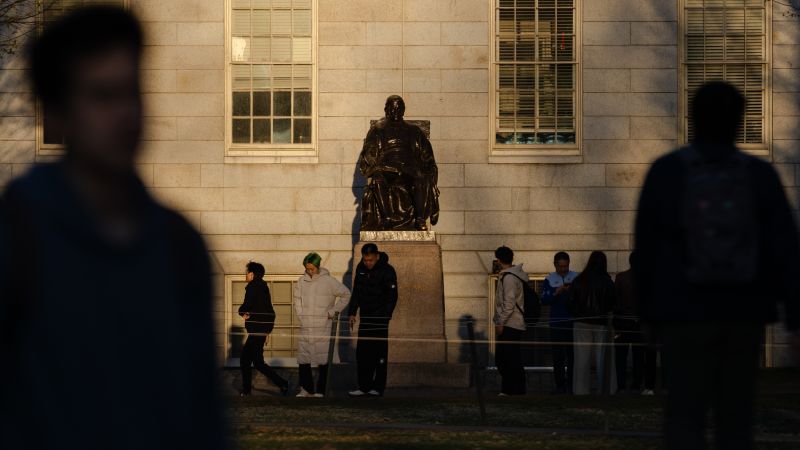
Trump Administration Seeks $1 Billion Settlement from UCLA
Politics | 8/8/2025
The Trump administration is reportedly seeking a $1 billion settlement from the University of California, Los Angeles (UCLA). This move, according to sources familiar with the matter, represents a significant attempt by the White House to influence the landscape of higher education and secure substantial concessions from academic institutions. The specifics of the settlement demands have not been publicly disclosed, but the size of the proposed sum has garnered attention and raised questions about the administration’s objectives in this endeavor.
The negotiations between the administration and UCLA come amidst a broader context of increased scrutiny on universities regarding their financial practices and policies. While the exact reasons behind the $1 billion settlement request remain unclear, it underscores a growing trend of governmental oversight and intervention in the higher education sector. The implications of such a substantial financial demand on an institution like UCLA, known for its academic reputation and research contributions, could have far-reaching consequences within the academic community and beyond.
In response to inquiries about the settlement discussions, UCLA officials have maintained a reserved stance, neither confirming nor denying the existence of the reported negotiations. The lack of transparency surrounding the details of the proposed settlement has left many stakeholders and observers in the education sector curious about the motivations and potential outcomes of the administration’s pursuit of such a sizeable financial agreement. The developments in this case are likely to be closely monitored as they unfold, given the significance of the parties involved and the implications for the future of higher education funding and governance.
While the $1 billion settlement sought by the Trump administration from UCLA remains a topic of speculation and intrigue, the ultimate resolution of these negotiations could set a precedent for how universities interact with federal authorities and navigate financial challenges in an increasingly complex regulatory environment. As the discussions progress, the broader implications of this high-stakes endeavor will continue to be analyzed and debated within academic circles and among policymakers, shaping the ongoing dialogue around the intersection of government oversight and institutional autonomy in higher education.


